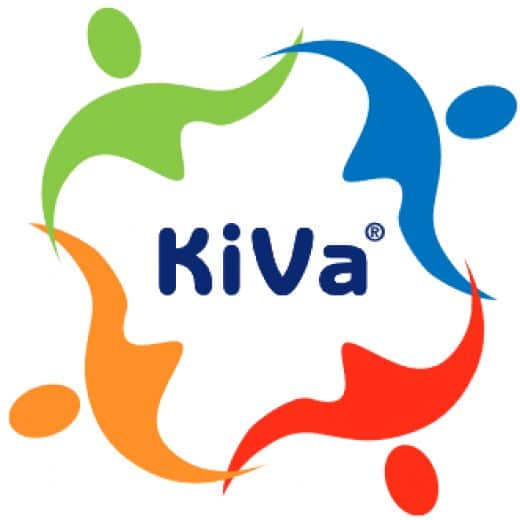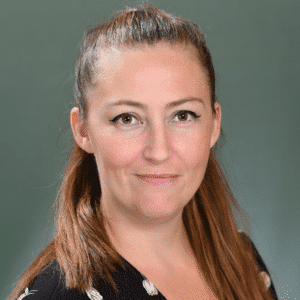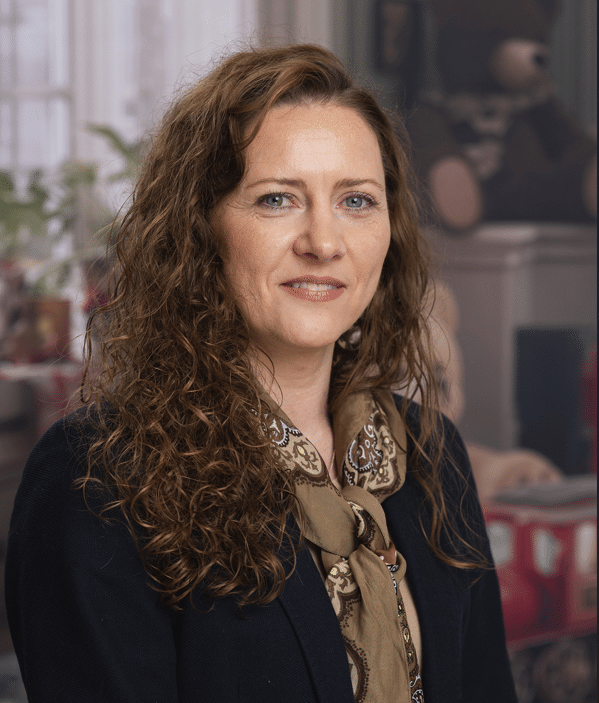LEARNING
Learning Support in Primary and Secondary
The International School of Riga (ISR) believes that every child can reach their full potential, therefore we create supportive structures so that all students admitted to ISR, including non-native English speakers, students with mild to moderate learning needs and highly achieving individuals, can fulfil this goal. To achieve this, ISR’s learning support specialist collaborates with teachers from Kindergarten to 12th grade, as well as regularly updates teachers and staff with best practices as it relates to student support.
ISR uses data-driven goals coordinated by all team members in a student’s life – including grade level teachers and aides, support staff, administration, outside service providers where possible, and parents – and each child seen by support teachers and staff has a specific plan tailored to their needs.
Learning support at ISR also extends to the entire community. If you are a parent with questions about how to best help your child, or if you suspect your child might be in need of some kind of support, please don’t hesitate to contact our support team.
School Counselor
The many challenges brought by the Covid-19 pandemic and other global risk factors have contributed to an increased stress in children all around the world. Many families have noticed changes in the behaviours and achievements of their children, and growing number of students struggle to reach their full potential academically, socially or personally. For this reason it is a common practice in international schools to invest in the socio-emotional well-being of their students and implement a supportive counseling program.
School counselor’s primary responsibilities are to deliver direct assistance to students in the school. This might vary from a private conversation with the student to a group session or classroom activity. Some common themes students would usually discuss with a counselor are exam stress, anxiety, self-image, peer relations and difficult emotions.
The counselor also works together with the team of teachers to provide positive learning experiences to every student. Sometimes this might involve observing the student in school setting and making suggestions for teachers or parents.
English as an Additional Language in Primary
At Primary level, all students are fully immersed in an English speaking learning environment. English Language Art is integrated in all units of IB PYP and taught with an inquiry-based approach. Students who are new to English or perform below grade level expectations receive small group support in EAL classes and in-class assistance from our support teachers on a daily basis. Non-native English speakers also have an opportunity to participate in EAL after school activity which boosts their literacy and phonics skills. Parents will be notified when EAL support is no longer needed and the student can access the curriculum without further assistance in language development and are achieving their grade level expectations.
English as an Additional Language in Secondary
As English is ISR’s language of instruction, our priority is to provide support for our non-native English learners in order for them to succeed in their classrooms as quickly as possible.
The Secondary EAL program taught by our EAL specialists is fully adapted to individual students’ needs and prepares them for challenges and demands of the International Middle Years Curriculum, the Cambridge IGCSE, and A-Level. New students with limited English skills receive support upon starting at ISR in order to build up academic English and key vocabulary which will allow them to be successful in all subject areas. Non-native speaking students receive EAL support from three to six periods of modern language instruction each week in Middle School. In High School, EAL classes take place during three language periods to enhance their learning in mainstream classes.
MAP growth tests (Measure of Academic Progress)
At ISR, MAP growth tests are used for assessing students’ initial levels and academic growth in Science, Maths, and English (subtests in Reading and Language Usage). Students in grades 2 through 10 are tested twice a year in Fall and Spring as well as upon admission. The MAP scores provide ISR with information about a students’ trajectory throughout ISR’s curriculum, demonstrate progress and growth in a student and/or grade level, and even possibly help to identify needs of an individual student.
MAP tests also help us find our students’ Lexile ranges, which are helpful for teachers and parents in determining the level in which their child would best be able to read. If you don’t know your child’s Lexile level please contact your child’s homeroom or advisory teacher for more information.








